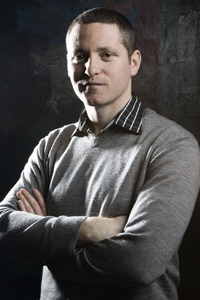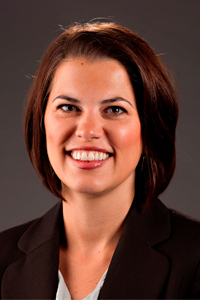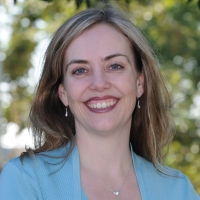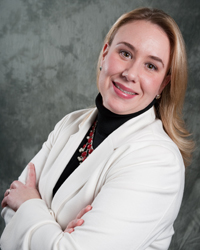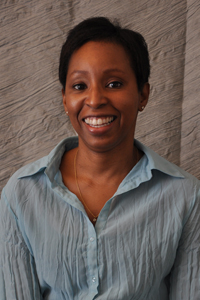
Sherry Wallace
What are some of the big do’s and don’ts when applying for an MBA program? We asked Sherry Wallace, director of MBA admissions at the University of North Carolina’s Kenan-Flagler Business School.
How much do you expect an applicant to know about what they want to do after the MBA?
This is one of the things I believe has changed the most – how much more focused we expect an applicant to be. The candidate’s motivation and vision for his or her career has always been important, but it’s even more important today.
It’s really hard to be career focused if you do not have a context for understanding what you do well, what types of work you enjoy, what skills you can best leverage. That’s why we continue to expect at least two years of full-time work experience before entering the program. It’s so expensive now to do the MBA, and I feel it is irresponsible for us to allow someone to make a $100,000+ investment if they don’t have a really good and feasible plan.
Of course, it scares me when someone comes in so rigid in their plans that they don’t leave room for opportunity. I think it’s good to be a little bit agile. The world is going to change while they are in business school; probably even between when they submit an application and when they start. Applicants need to realize that opportunities, industries, and situations that they had not anticipated may present themselves.
How much enthusiasm for the school do you like to see from applicants? How do you measure that?
We expect them to be familiar with the school. Sometimes people think we expect some kind of them to declare allegiance to the school. It’s not that at all. We recognize that our applicant pool is quite diverse and that applicants are going to find attractive features at a number of schools.
No, we cannot accurately measure a candidate’s enthusiasm by whether she attends our admissions events or web activities. We know that not everybody is going to be able to attend an admissions event or ever meet somebody from the admissions team. Some people in a cycle might not have done any of the admissions events, but unbeknownst to us, might have worked side-by-side with a graduate of the program who shared a lot of things about the school.
What we look for is that they have made enough of an effort, and taken enough of an advantage of the resources to have a thoughtful and informed reason for making this one of their schools.
Continue reading →
 A recent Kaplan Test Survey had some informative facts about how b-school admissions officers research candidates’ online personas during the MBA application process. Particularly, the report said that 27% of admissions officers surveyed said that they searched the internet for applicants to learn more about them – and 22% admitted that they have researched candidates’ social networking presences, including visiting their Facebook profiles.
A recent Kaplan Test Survey had some informative facts about how b-school admissions officers research candidates’ online personas during the MBA application process. Particularly, the report said that 27% of admissions officers surveyed said that they searched the internet for applicants to learn more about them – and 22% admitted that they have researched candidates’ social networking presences, including visiting their Facebook profiles.